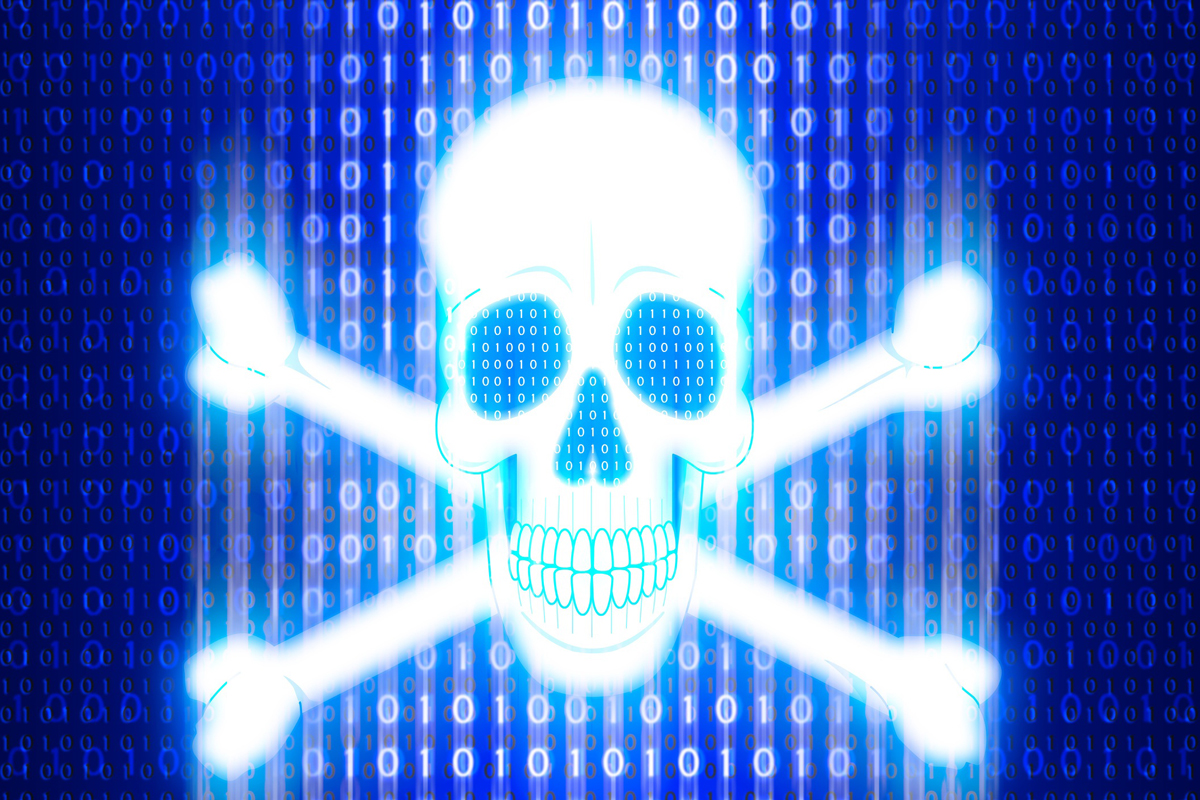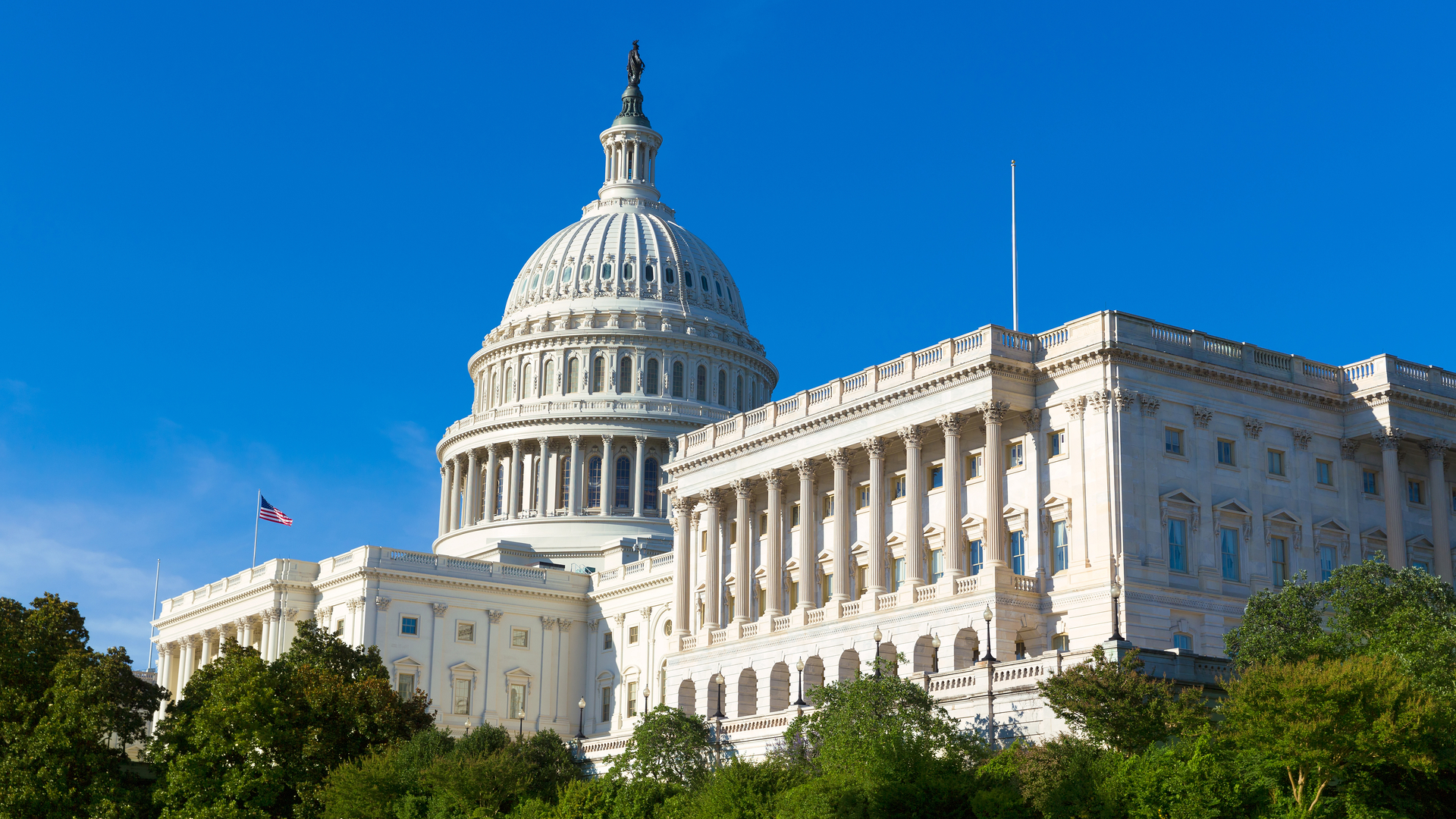Web piracy rife despite big-money fines
Eight per cent of consumers put their hands up to downloading video content illegally.

Despite last week's high-profile US piracy case in which the accused was fined $2 million, consumers are still taking risks and breaking the law by illegally downloading video content from the web.
Some eight percent of all consumers in Britain, France, Germany and the US admit to downloading video illegally from the internet, according to research, showing the scale of the ongoing fight against piracy.
Two-thirds of those surveyed in Britain often or sometimes watched TV, movies and video on their PC or laptop computer, with US consumers not far behind. Of those, 15 per cent did so illegally, the according to the Futuresource Consulting survey.
"This widespread availability of illicit content presents a major obstacle to the development of online content services, and continues to heavily impact upon revenues, despite governments' and industry authorities' renewed attempts to tighten up the system," said the report published late last week.
Most media companies are struggling to persuade consumers to pay for video, music or news online amid the widely held assumption that content on the web is free. But attempts to fund free content by selling advertising are mostly falling short.
Governments around the world are trying to help media providers fight online piracy. The worst effects have so far been borne by the music industry, which is still struggling to compensate for an ongoing decline in CD sales.
Last week in the US, Jammie Thomas-Rasset was fined almost $2 million for illegal music sharing.
Get the ITPro daily newsletter
Sign up today and you will receive a free copy of our Future Focus 2025 report - the leading guidance on AI, cybersecurity and other IT challenges as per 700+ senior executives
In response to the ruling, Cara Duckworth of the Recording Industry Association of America, said in a statement: "We appreciate the jury's service and that they take this as seriously as we do."
Duckworth added: "We are pleased that the jury agreed with the evidence and found the defendant liable. Since day one, we have been willing to settle this case and we remain willing to do so."
France's lower house of parliament approved a bill last month that will let authorities track illegal downloading over the internet and disconnect repeat offenders.
And Britain's government recently proposed a range of to punish persistent illegal downloaders, including slowing down connections and eventually blocking web access.
But such measures are highly controversial as internet access is increasingly perceived as something close to a human right by those who have it.
The survey found that 90 per cent of those who watched video content online had never paid to watch news or recently-missed TV shows. Just over half had never paid to watch new movies. But most said they would or might be willing to pay in future.
Less than one per cent said that an advertising reel placed before, during or after an old movie or TV show spoiled their online viewing, with 30 per cent saying it had no impact and nearly half saying it only put them off a bit.
Additional reporting by Maggie Holland, IT PRO
ITPro is a global business technology website providing the latest news, analysis, and business insight for IT decision-makers. Whether it's cyber security, cloud computing, IT infrastructure, or business strategy, we aim to equip leaders with the data they need to make informed IT investments.
For regular updates delivered to your inbox and social feeds, be sure to sign up to our daily newsletter and follow on us LinkedIn and Twitter.
-
 Should AI PCs be part of your next hardware refresh?
Should AI PCs be part of your next hardware refresh?AI PCs are fast becoming a business staple and a surefire way to future-proof your business
By Bobby Hellard
-
 Westcon-Comstor and Vectra AI launch brace of new channel initiatives
Westcon-Comstor and Vectra AI launch brace of new channel initiativesNews Westcon-Comstor and Vectra AI have announced the launch of two new channel growth initiatives focused on the managed security service provider (MSSP) space and AWS Marketplace.
By Daniel Todd
-
 New malware uses search engine ads to target pirate gamers
New malware uses search engine ads to target pirate gamersNews MosaicLoader uses advanced obfuscation techniques to avoid detection
By Danny Bradbury
-
 US big tech suffers as federal privacy bill delayed
US big tech suffers as federal privacy bill delayedNews Firms must comply with California's strict data laws in lieu of a federal bill
By Erin Paulson
-
 Liberty defeated in ‘snooper’s charter’ legal challenge
Liberty defeated in ‘snooper’s charter’ legal challengeNews High court rules the government’s Investigatory Powers Act doesn’t breach human rights
By Keumars Afifi-Sabet
-
 Premium email firm Superhuman ends pixel tracking after backlash
Premium email firm Superhuman ends pixel tracking after backlashNews The email plugin startup removed read receipts by default after accusations of surveillance
By Bobby Hellard
-
 GDPR is not enough to win back customer trust
GDPR is not enough to win back customer trustIn-depth When it comes to building new services, industry experts believe there should be a collective responsibility for data security
By Mark Samuels
-
 UK Prisons trial facial recognition to stop drug smugglers
UK Prisons trial facial recognition to stop drug smugglersNews Biometric technology used to catch visitors supplying contraband
By Bobby Hellard
-
South Wales Police given ultimatum to drop facial recognition tech
News Ex-councillor Ed Bridges has given the force two weeks to drop tech that "violates privacy rights"
By Bobby Hellard
-
 Facebook suspends hundreds of apps for misusing user data
Facebook suspends hundreds of apps for misusing user dataNews An internal investigation into data misuse by Facebook apps has led to a raft of suspensions
By Tom McMullan
